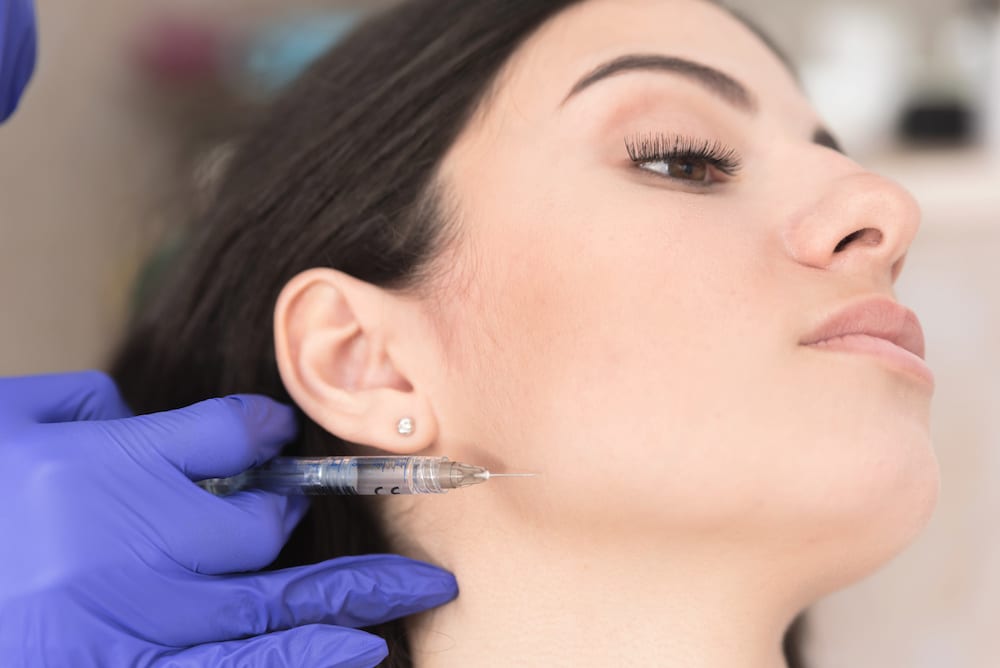It’s widely known that Botox can be used to reduce or eliminate lines and wrinkles in the forehead and around the eyes by relaxing the facial muscles that cause the wrinkles. Botox is actually a very mild neurotoxin which can be diluted and injected into muscles – it works by blocking the transmission of signals along the nerves that would otherwise cause muscles to contract. This nerve signal blocking typically lasts three to four months after treatment, although some patients report shorter or longer duration effects. The procedure has to be periodically repeated if patients want the benefits to continue over the longer term. It’s also not uncommon for an initial Botox treatment to last somewhat less time than subsequent treatments do.
Because Botox is an effective way to block muscular nerve signals, it is also an effective way to relieve muscular pain. Botox has been used to treat nerve and muscle-related conditions for many years, and its use for non-cosmetic purposes continues to expand. Botox is particularly useful as an effective way to treat jaw-related pain.
Relief of Jaw Pain
Botox can be used to selectively immobilize some of the jaw muscles that can be the cause of pain or tension in the jaw. Overdeveloped or overworked muscles are often the cause of these symptoms – particularly in patients who habitually clench or grind their teeth. The jaw muscles are not completely paralyzed – they are only partially affected, just enough to relieve the pain.
Relief of TMJ
TMJ syndrome occurs when the temporomandibular joint (the connection between the jawbone and the skull) becomes injured and/or inflamed. TMJ is also normally caused by grinding or clenching the teeth, but can also be caused by arthritis in the joint, or by dislocation of the articulated disc and rupture of the ligaments that are also part of the joint. TMJ can cause pain and discomfort, prevent the normal functioning of the jaw, as well as causing a wide range of other symptoms, including regular or migraine headaches, ringing in the ears, and neck or shoulder pain.
Botox can contribute to temporarily reducing overuse of the jaw muscles, in turn removing the primary cause of TMJ, and allowing inflamed tissue time to heal. In extreme cases it can also be used over longer time scales to prevent TMJ from reappearing.
Your Laser Skin Care
Your Laser Skin Care practitioners are medically qualified, and highly experienced in using Botox for cosmetic and pain-relief purposes. We can provide expert advice on the best techniques to address your particular concerns, and will be happy to answer any questions or concerns you may have about our procedures. We also have extensive experience with a wide variety of non-invasive cosmetic procedures, and can help you choose the safest, most effective, and most cost-effective way to achieve your cosmetic goals. Call us at (323) 525-1516 to schedule a free consultation, or visit us online for more information.


